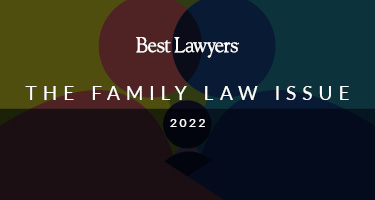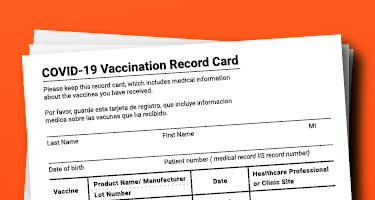On December 16, 2020, the Equal Employment Opportunity Commission (“EEOC”) issued guidance on the newly available COVID-19 vaccine and whether employers may implement mandatory vaccination policies for their employees. The EEOC’s guidance, in question-and-answer format, can be found here. While the COVID-19 vaccine is not yet widely available, the EEOC’s guidance is anticipated to be informative to everyone about their rights once the vaccine does become available to the general public.
Generally, it is not unlawful for your employer to require you to receive a COVID-19 vaccination. However, in certain situations, the protections of the Americans with Disabilities Act and the anti-discriminations laws of Title VII of the Civil Rights Act of 1964 may offer protection for employees who cannot or do not wish to receive the COVID-19 vaccine. Under these laws, employees may request an exemption from a mandatory vaccination requirement as a reasonable accommodation, either for their own disability or due to a religious objection to receiving the vaccine. Your Ohio Employment Lawyer explains what you need to know about both of these exemptions below, as well as what kind of questions or testing your employer is allowed to ask or require related to the COVID-19 vaccine.
Exemption from Vaccination Due to a Disability (Americans with Disabilities Act)
The Americans with Disabilities Act (“ADA”) protects employees with disabilities who are unable to receive the COVID-19 vaccination for medical reasons. While an employer may prohibit its employees from coming to work if they are not vaccinated, it may only do so if it can prove the employee would pose a “direct threat” to the health and safety or themselves or others, and the threat cannot be minimized by a reasonable accommodation. An employee poses a “direct threat” to others if, by remaining unvaccinated, he or she risks spreading the virus to others.
However, employees are entitled to request a reasonable accommodation that would allow them to continue performing their job while remaining unvaccinated. Employers have an obligation to engage in an interactive, back-and-forth discussion with the employee to come up with an accommodation that would minimize the risk the employee may pose by remaining unvaccinated. Potential accommodations may include:
- Working remotely;
- Wearing personal protective equipment, such as a mask and gloves, while at work; or
- Working in a remote area away from others (either by job reassignment or through use of physical barriers).
While employers are required to grant reasonable accommodations, employers may decline to implement your requested accommodation if it can prove it would cause undue hardship, meaning it would be significantly difficult, either from a practical or financial perspective, to implement your requested accommodation.
Exemption from Vaccination Due to Religious Objection
Similar to the reasonable accommodation analysis for employees who are medically unable to receive the vaccine, employers must also offer reasonable accommodations for employees whose religious beliefs prohibit them from receiving vaccines. However, the “undue hardship” standard is less strict for religious accommodations, and employers need only prove that accommodating an employee’s religious beliefs would impose “more than a de minimis cost or burden” on the employer. This means that employers need not accommodate an employee’s religious beliefs if the accommodation would impose more than an incidental burden on the employer’s business.
What Kind of Questions Can My Employer Ask Me if I Request an Exemption?
The ADA generally prohibits your employer from making any medical inquiries or requiring its employees undergo a medical examination unless it can prove the questions or medical testing are “job-related and consistent with business necessity.” The EEOC has issued guidance on what constitutes a medical exam or inquiry, and it has concluded that receiving the COVID-19 vaccination does NOT, in and of itself, qualify as a “medical examination.” It has also found that employers may require you to provide proof of vaccination, as this does not count as a “medical inquiry.”
However, the ADA’s protections against medical examinations and inquiries can be triggered if your employer asks any follow-up questions about why you chose not to receive the COVID-19 vaccine or why you have not been vaccinated. In order to ask these questions or require further medical examination beyond the administration of the COVID-19 vaccination, your employer must prove the additional questioning or medical testing is job-related and consistent with business necessity. Additional questioning or testing meets this standard if the employer can prove that an un-vaccinated employee poses a direct threat to the health and safety of themselves or others according to the analysis above.
Each situation is different, and a thorough review of the facts will be required to determine if your employer has acted unlawfully. If you believe your employer has violated any of the above rules, or if you have other questions or concerns about your employment, please reach out to your Columbus Employment Lawyer for a free consultation.
Mansell Law






















